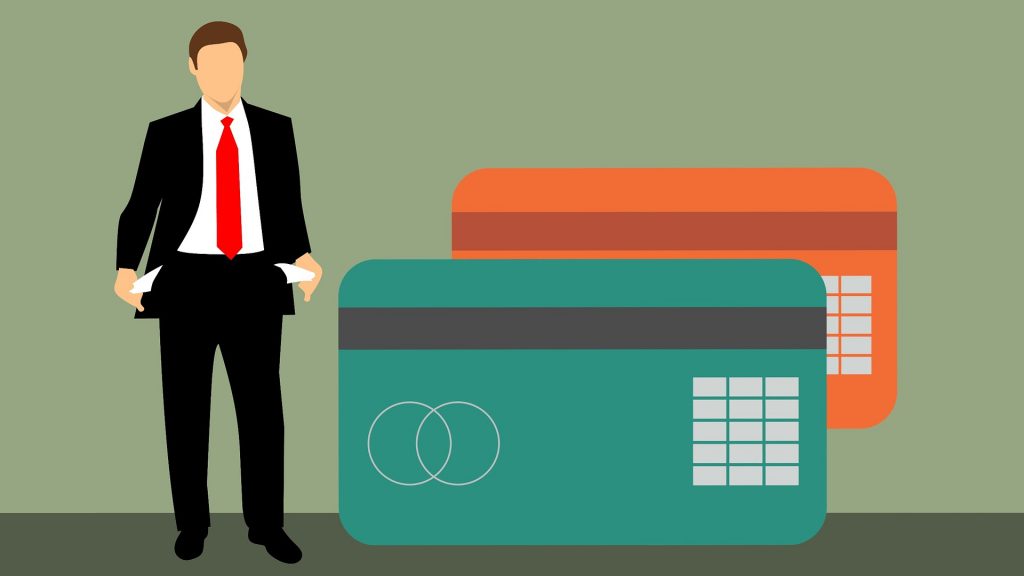The Wall Street Journal reported the Federal Reserve Bank’s announcement about a benchmark interest rate decrease. This provides a feel-good moment for the breach-stressed U.S. consumer, but do not expect to see much impact to household credit card interest rates in the short term.
The promise of a rate decrease is better than another Equifax and Capital One attack, but the consumer will experience little benefit. The fact is that credit card underwriting, the rate set when an account is booked, grew faster than the Prime Rate.
Since U.S. credit card rates almost universally peg to the Prime Rate, cardholders pay “Prime Rate + “X,” where X is the risk rate. To put that in context, the Chase Freedom credit card, one of the most popular in the U.S., posted rates says: “We add 11.74% to 20.49% to the Prime Rate to determine the Purchase/Balance Transfer APR. Maximum APR 29.99%.”
In the entire U.S. market, credit card underwriting, the baseline rates set when loans are approved, rose more than three times faster than the Prime Rate increased.
Here are some facts.
- Between 2014 and today, the Prime Rate increased from 3.25% to the current level of 5.50%, 125 basis points.
- Federal Reserve Bank data indicates that the average reported credit card interest rate for accounts with assessed interest moved from 13.19% to 17.14%, 395 basis points.
With these data points in mind, the takeaway is that the growth in consumer credit card interest exceeded the growth of the Prime Rate. In other words, newly booked accounts are receiving higher rates than before.
Once the Fed benchmark rate makes its way to reduce the Prime, it will translate into pennies each month. It is better than a rate increase, though it will probably hurt the dismal U.S. consumer savings rate. In the U.S. Market, according to the Organization for Economic Development ( OECD ), U.S. consumers only save 6.9% of their disposable income. In Sweden, the metric is 16.9%. In China, the rate is 38.14%. Canadians look worse than the U.S. with only 1.7%. USA Today reports that the average savings account in the U.S. earns only 0.09% per annum. Expect that number to drop faster than loan rates!
But, for a moment, the U.S. consumer can take the breach problem out of their thought process. Security may be at risk, but rates might decrease a tad.
Overview by Brian Riley, Director, Credit Advisory Service at Mercator Advisory Group
